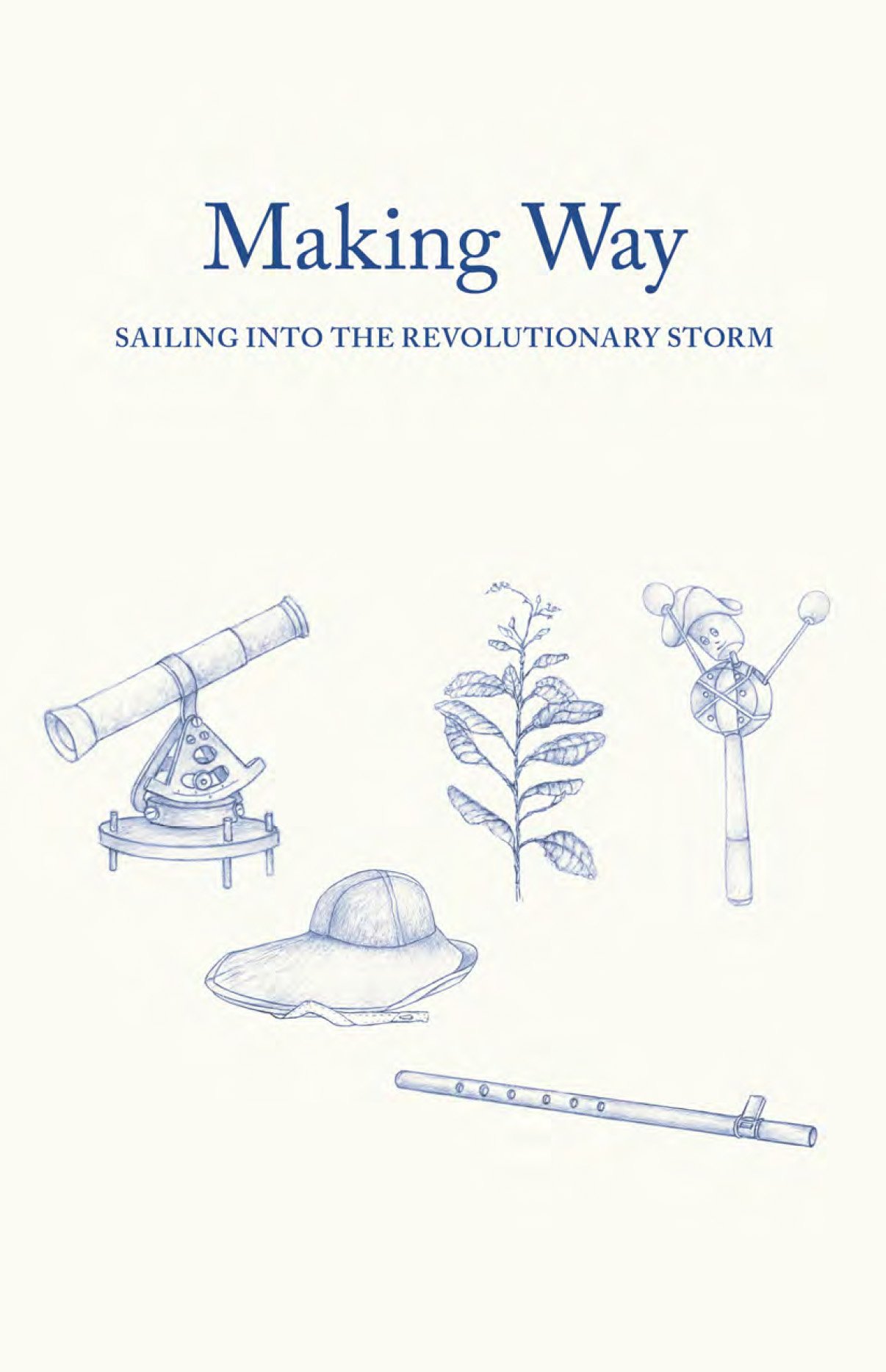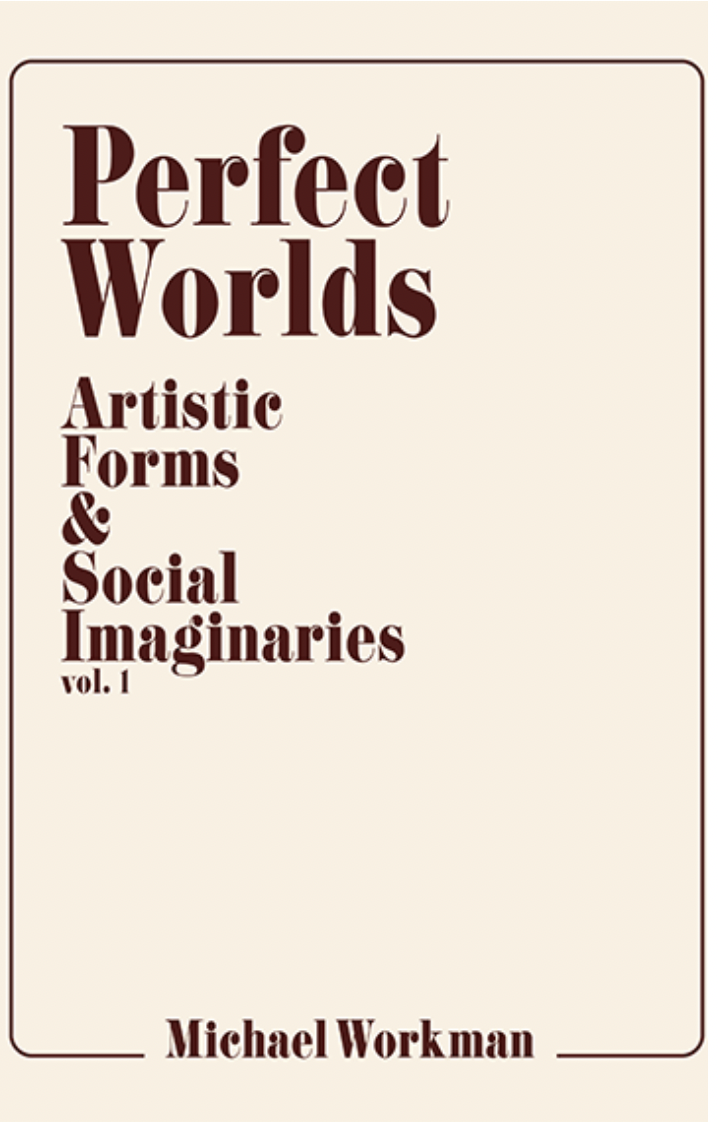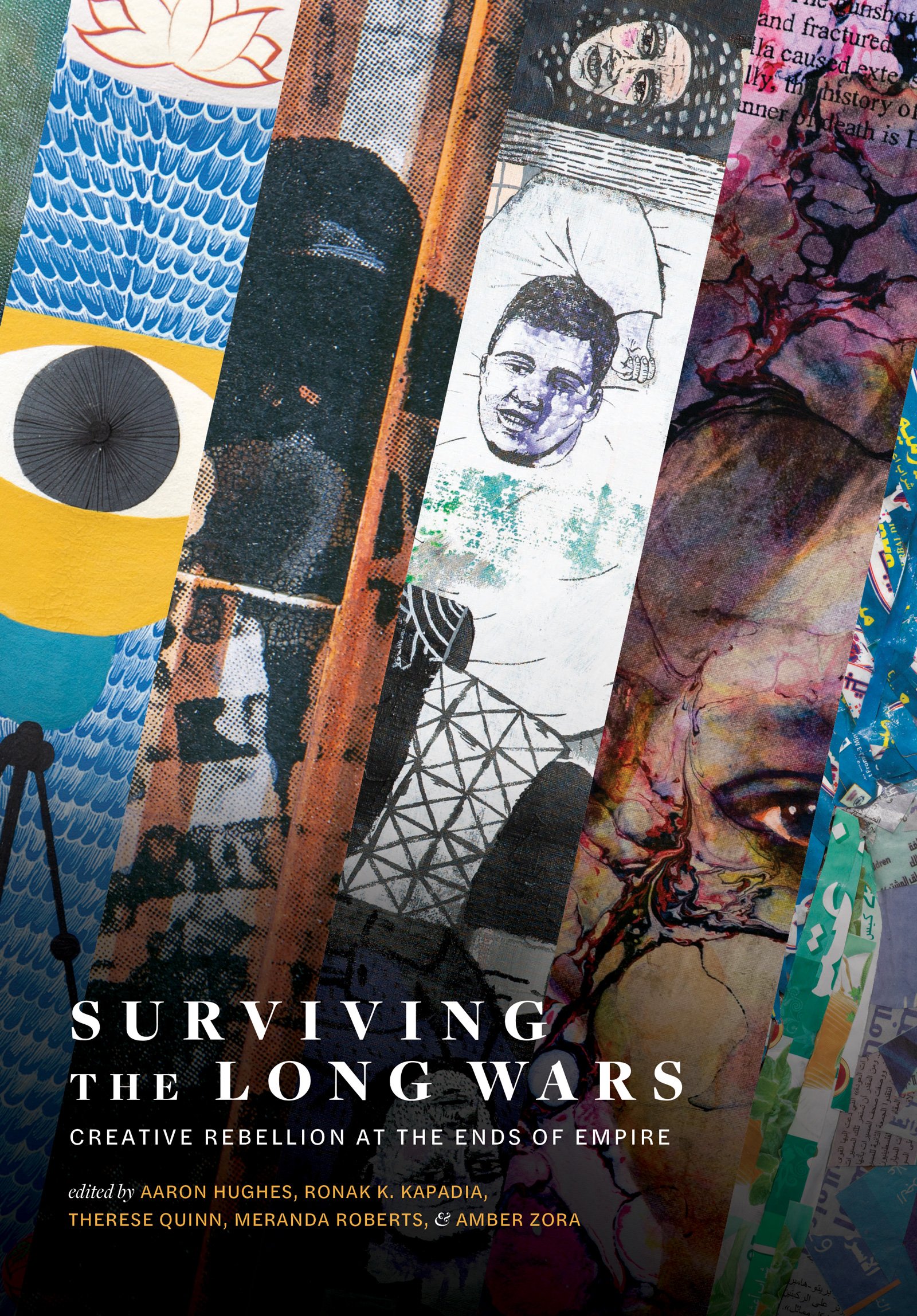
FWD: MUSEUMS: “Power/Potential” (2024), Edited by Therese Quinn & Miguel Limon
FWD: MUSEUMS: “Power/Potential”
Power: Having control or authority to dictate or influence people and organizations’ behavior and actions.
Potential: Having the capacity to build or develop a positive outcome in the future.
Power and the potential for power shape the relationships we have between ourselves, our institutions, and our governments. We relate these two words in this issue of Fwd: Museums to highlight how those being unjustly or unfairly treated have the potential to create their own power and invite submissions related to this theme.
Central Questions:
How are museums inherently political spaces?
Who holds authority in museum spaces?
How do governments claim control over museums and other institutions?
How do marginalized groups claim leadership in institutions?
How do museum exhibits have the potential to act as catalysts for social and political change?
Institutions:
Museum hierarchies
Work experiences
Bureaucracy
Pay transparency
Exhibits as catalysts for positive change
Carceral logic in museums
Accessibility
Community:
Protest as power/collective power
Museum labor/unionization
Storytelling
Cultural preservation and community archiving
Grassroots movements
State:
State/national/governmental museums
Public museums
Non-profit industrial complex
Fascism
War
Repatriation
Reparations
Prison-industrial complex
Self:
The privilege of knowledge
Identity/expression
Self-empowerment
Spirituality
Mindfulness
Produced and edited by the University of Illinois at Chicago Museum and Exhibition Studies graduate students and published by Chicago-based, Bridge Books, Fwd: Museums strives to create a space for challenging, critiquing, and providing alternative modes of thinking and production within and outside of museums.
FWD: MUSEUMS: “Power/Potential” (2024), Edited by Therese Quinn & Miguel Limon
FWD: MUSEUMS: “Power/Potential”
Power: Having control or authority to dictate or influence people and organizations’ behavior and actions.
Potential: Having the capacity to build or develop a positive outcome in the future.
Power and the potential for power shape the relationships we have between ourselves, our institutions, and our governments. We relate these two words in this issue of Fwd: Museums to highlight how those being unjustly or unfairly treated have the potential to create their own power and invite submissions related to this theme.
Central Questions:
How are museums inherently political spaces?
Who holds authority in museum spaces?
How do governments claim control over museums and other institutions?
How do marginalized groups claim leadership in institutions?
How do museum exhibits have the potential to act as catalysts for social and political change?
Institutions:
Museum hierarchies
Work experiences
Bureaucracy
Pay transparency
Exhibits as catalysts for positive change
Carceral logic in museums
Accessibility
Community:
Protest as power/collective power
Museum labor/unionization
Storytelling
Cultural preservation and community archiving
Grassroots movements
State:
State/national/governmental museums
Public museums
Non-profit industrial complex
Fascism
War
Repatriation
Reparations
Prison-industrial complex
Self:
The privilege of knowledge
Identity/expression
Self-empowerment
Spirituality
Mindfulness
Produced and edited by the University of Illinois at Chicago Museum and Exhibition Studies graduate students and published by Chicago-based, Bridge Books, Fwd: Museums strives to create a space for challenging, critiquing, and providing alternative modes of thinking and production within and outside of museums.






